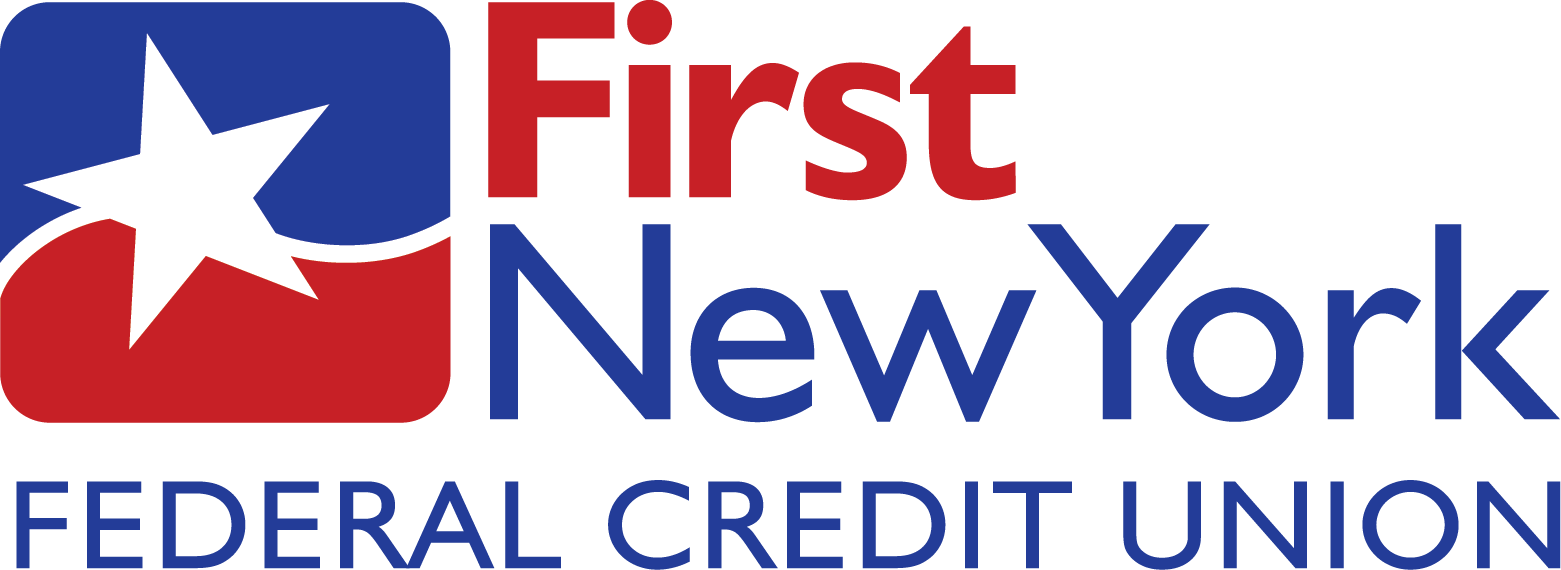
Account Compromise: 3 Common Scenarios
Written by: Michelle Maneri, Contact Center Manager
It can be frightening to think about your personal accounts getting compromised. The emotional toll of a compromised account is enough to leave many people feeling stressed as they try to get their accounts recovered.
As First New York Federal Credit Union’s (FCU) Contact Center Manager, I’ve been there to support members when their accounts have been compromised. My role is to be there to ensure the account becomes secure and the member gets the support they need throughout the whole process.
To help you avoid this altogether, I’ve put together this informative article to guide you through three common scenarios and how you can protect yourself.
Common Scenario 1: Your Password Isn’t Strong
At this point, I’m sure that you’ve heard that your passwords are the first defense against people wanting to take over your assets. They’re a key way to prevent hackers from stealing your information or hacking your account. However, in the modern world, people have dozens of passwords and accounts.
So, it makes sense that people have overlapping passwords and usernames. But, this convenience can come back to bite you if your account gets compromised.
Here are some essential password-creation tips I suggest you use. Because convenience and ease come at a steep price. So, do yourself a favor and give yourself the security strong passwords afford. Use the following tips to create a strong password:
1. Aim for at least 12 to 14 characters
2. Use varied characters — uppercase, lowercase, numbers, and symbols
3. Use an easy-to-remember phrase but difficult to guess
4. Stay away from names of people, places, organizations
Common Scenario 2: You Saved Your Password to a Public Device
While it may save you time to save your password to your personal laptop or family desktop/device, it’s not worth the amount of time you’ll need to take to fix unauthorized individuals hacking your accounts. It’s best you avoid apple keychains and saving passwords to an internet browser. Because once your device login is compromised, hackers have all of your passwords at their fingertips.
If you have kids or teens, it’s even more necessary that you take extra cyber security precautions to prevent data breaches. They may not understand cyber security or have the ability to recognize fraudulent sites and phishing scams. If they have your device with passwords saved and it gets compromised, you may not know about the incident until it’s too late.
A better option is to use a password manager. Though you typically have to purchase a password manager, it’s worth the money. They’re the most secure way to store your passwords, and they usually aren’t too expensive. The New York Times reports that they typically cost $10 to $60 for a year subscription.
Common Scenario 3: You Were Scammed
With scams continuing to get more sophisticated, it’s essential that you do your best to lock down your accounts and minimize any damage in case of an attack. The most important steps you can take start with prevention. Here, are some things to watch out for:
1. Clicking on pop-ups
2. Clicking on suspicious websites, information, or coupons
3. Calling or receiving calls from numbers you don’t recognize
4. Not letting anyone who is remote access your system or giving them control of your computer (an example of this is someone posing as an IT worker)
If your account does end up getting compromised, It’s key that you act quickly and stay calm throughout the account recovery process. At First New York FCU, we encourage all of our members to contact us immediately if they think someone’s trying to get them to fall for a scam if they fall for a scam, or if their account gets compromised. Whatever the situation, First New York FCU’s Member Service Specialists will be there to jump in and assist you!
You can learn more about fraudulent emails or texts and how to recognize them in our “Identity Theft vs. Account Compromise: What’s the Difference” article.
Need Assistance: Call the Contact Center Today
If you need help, contact us or call (518) 393-1326 or toll-free at 800-734-7375, and press 2 to speak with a Member Service Specialist. Contact Center is available Monday-Friday from 7 a.m. until 6 p.m. and on Saturday from 9 a.m. until 1 p.m.


No Comments